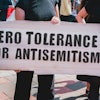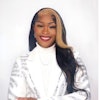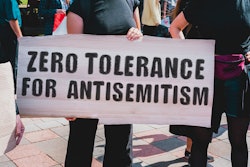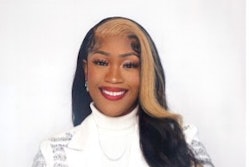The Current State of Black Student Unions
Diverse surveyed the leaders of 23 BSUs across the country to see how the organizations have evolved over the years. All the BSUs surveyed were found to be mainly socio-cultural organizations. Close to 40 percent of them have few or no ties to the larger Black community, as a mere nine of the 23 leaders surveyed say a community service program is one of their major initiatives each year.
Some of the social events the BSU leaders say they host include banquets, BSU weeks, fashion shows, parties, step shows, alumni gatherings and beauty pageants. Cultural events include lectures, panels or forums with leading Black scholars, Black History month programming and Martin Luther King Jr. Day celebrations.
“Our main goal is to focus on the African diaspora and just to make Black people feel at home when they come to the campus,” says Aishah Bruno, who served as BSU treasurer for the past year at Brooklyn College, where she recently graduated. “We throw parties, we have social events and we go on education trips. We’re social, but we get political when necessary.”
Damita Davis, director of multicultural programs at Emmanuel College in Boston, says her BSU “is known for its educational as well as social events on campus.”
Today, BSUs compete with fraternities and sororities for membership. In the late 1960s and early ’70s, most of the Black students were involved in both BSUs and Greek organizations, but the situation is different today. Close to three-quarters (17 of 23) of the leaders surveyed say the majority of Black students on their respective campuses are not active members of BSUs.
The arrival of foreign-born Black students is also chipping away at the BSU membership. Students from Africa, the Caribbean and South America have formed their own African Student Unions and Caribbean Student Unions over the years. Today, 52 percent of the leaders surveyed reported there are separate organizations for these Black student groups.














